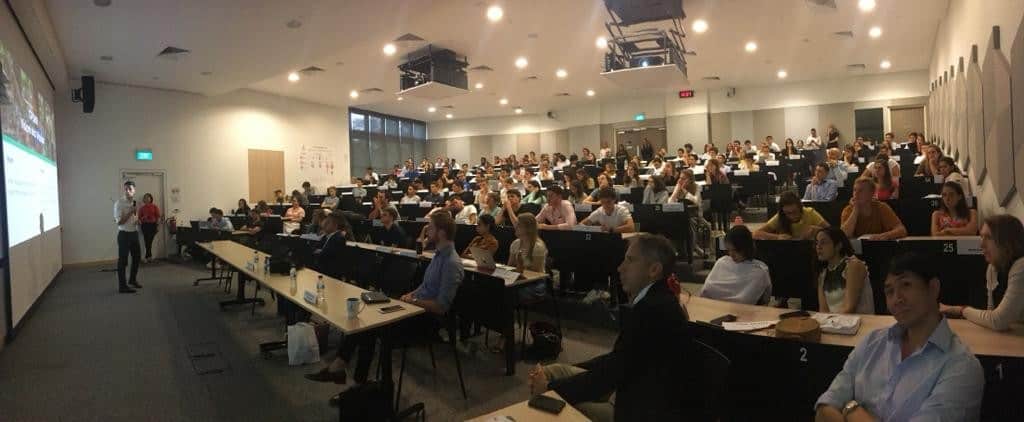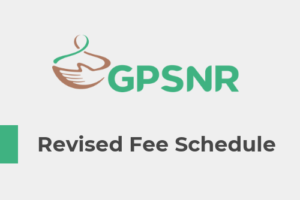This full-time educational program enrolls a talented pool of diverse students from across the globe and includes academic courses such as Geopolitics, Economics, Asian Cultures and International Business in Asia. For the course ‘Company Project’, which is aimed at giving the participants broad practical knowledge, students interact and work closely with corporate companies and organizations. For the 2019 course, students had the option of choosing from a list of 5 unique partner companies/organisations, which ranged from the likes of International Finance Corporation (IFC) and South East Asia based mobility service provider Grab, and which were involved in different types of sectors including NGOs, FinTech, Healthcare, Mobility. 30 Students who were interested in working with non-profit organizations in Asia were selected to work with GPSNR as their host organization.
As a partner organization for the program, GPSNR was given the responsibility of assigning a research project to the selected group of highly motivated students, who will work on the given topic for a duration of two and a half months. After discussions with the strategy and objective Working Group, ‘Equity in the Natural Rubber supply chain’ in Asia, with main focus on China, Thailand and Indonesia, was concluded to be the chosen main topic of research for the participants. The research will focus on better understanding the cost benefit analysis at different levels of the supply chain, including social and environmental externalities. Students will work on this research project, the findings of which will be submitted to the platform by 12 September 2019.
Increasing engagement with research organizations and academic institutions such as ESSEC Business School in Singapore, to ensure a science based approach to sustainability in the rubber industry, will remain a key objective for the Platform.






